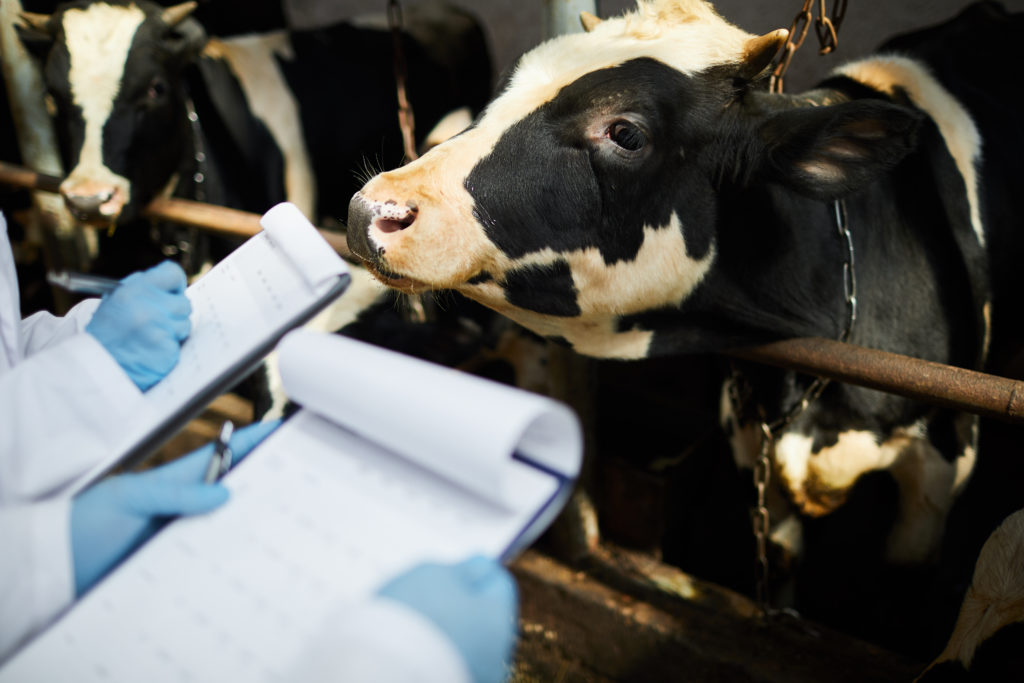The food website Epicurious recently announced it would be ditching beef recipes in an effort to encourage more sustainable consumption among its readers. Beef production has long been cited as one of the world’s largest greenhouse gas (GHG) emitters, but will the move to eliminate beef recipes from the site actually make a difference in combatting climate change?
The Condé Nast-owned food website shared the details of the decision in a blog post earlier this week, noting that new beef recipes, articles or newsletters will no longer be published on the site, nor will they show up on its homepage or Instagram feed. The announcement comes about a year after the site stopped posting new beef recipes, but old recipes, of which there are over 1,000, will not be removed.
“This decision was not made because we hate hamburgers (we don’t!),” said David Tamarkin and Maggie Hoffman, the authors of the blog post. “Instead, our shift is solely about sustainability, about not giving airtime to one of the world’s worst climate offenders. We think of this decision as not anti-beef but rather pro-planet.”
How Bad is Beef for Climate Change?
According to the Food and Agriculture Organization (FOA) of the United Nations, cattle raised for both beef and milk account for about 65 percent of the livestock sector’s GHG emissions. Alone, beef production represents over 40 percent of the sector’s overall emissions. Globally, around 15 percent of all GHG emissions come from livestock.
There are ongoing debates about whether beef is bad for human health, but the facts about beef’s impact on the environment are quite clear. Part of the reason cattle are considered environmentally ruinous is because of the sheer space required to raise them — about 30 percent of the world’s ice-free land, to be exact. Cows also release an enormous amount of methane, accounting for around 10 percent of anthropogenic GHG emissions.
Related: How Food Delivery is Exacerbating Climate Change
For alternative meat producers like Beyond Meat and Impossible Foods, the hope is that their alt-ground beef products will help reduce the need for cows. But until there are realistic alternatives to other cuts of meat, that’s unlikely to happen. Sarah Taber, a crop scientist and food system specialist, told the New York Times back in 2019 that there is no money to be made in ground beef.
“That all comes either from leftover parts once cattle have been slaughtered for more expensive cuts, or from dairy cattle that have outlived their usefulness,” Taber told the NYT. “If everyone gave up hamburgers tomorrow, the same number of cows would still be raised and need to be fed.”
Will Ditching Beef Recipes Have an Impact on Climate Change?
With its sizeable platform, Epicurious’ goal in ditching beef recipes is to help its readers make more sustainable cooking choices. The authors of the blog post acknowledged that fighting climate change involves more than just ditching beef, but that it was “a step we’re taking” to help home cooks. There are, however, a few missing links in Epicurious’ logic.
To reduce the reliance on cows and cut down on the amount of GHG emissions for livestock, consumers would also need to greatly reduce the amount of dairy they consume. Milk and other dairy alternatives such as almond or oat milk could help, but the dairy industry remains on top.
Not to mention, there are a slew of existing websites devoted solely to plant-based, vegan and vegetarian recipes. It calls into question whether Epicurious’ move to ditch beef recipes will actually encourage consumers to go beef-free, or whether it was more of a marketing move. Either way, the choice to cut out beef from one’s diet will fall on the consumer — beef recipes will always exist on other websites.
So, until consumers are actually ready to reduce their consumption of higher-end beef cuts and dairy, or producers are willing to raise cattle differently, it seems unlikely that this change will make a significant environmental difference in the near future. However, the message Epicurious sent is strong and may encourage change on an individual basis.












Join or login to leave a comment
JOIN LOGIN